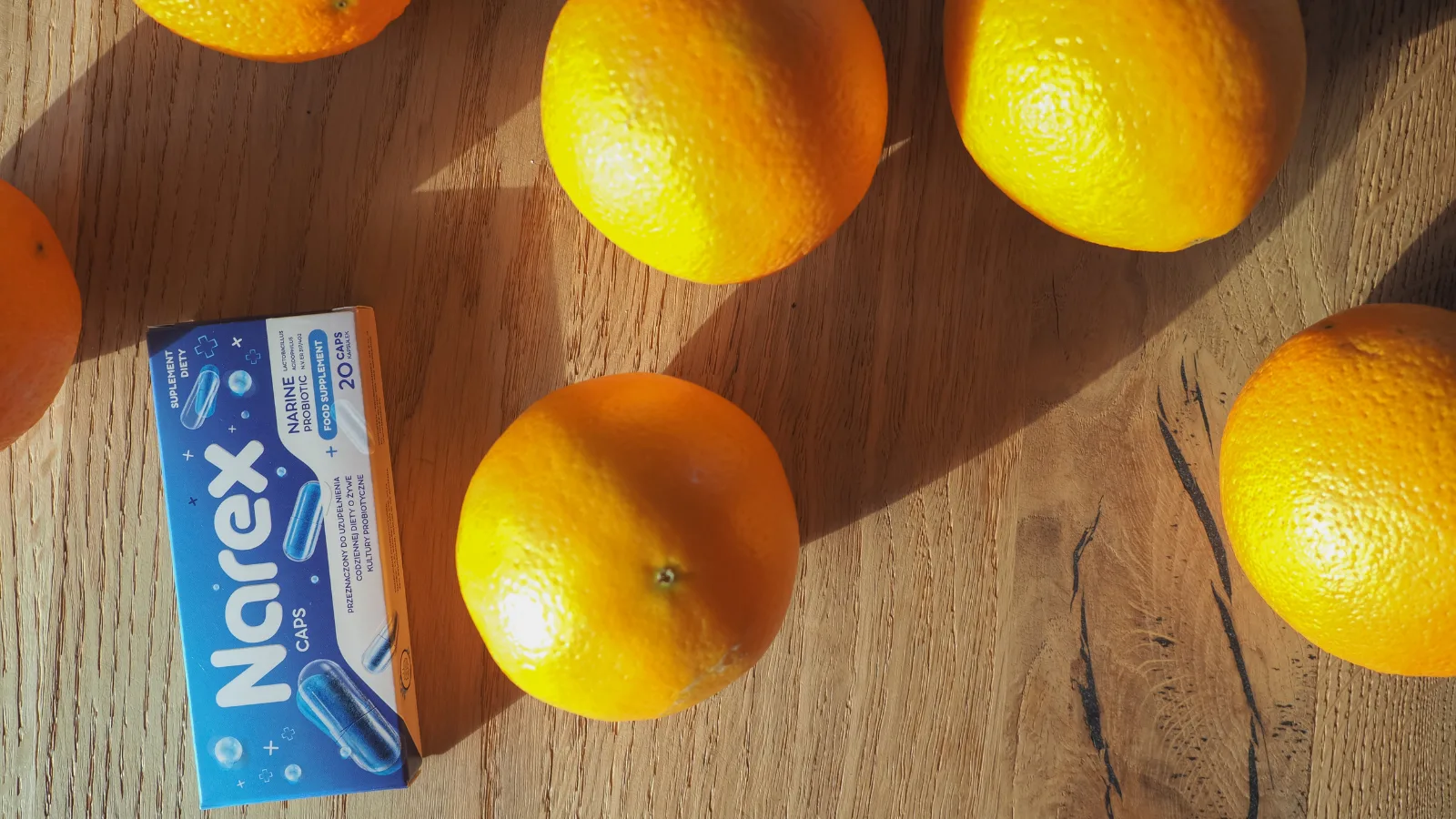
Which vitamins should you supplement during probiotic therapy?
Probiotic therapy — the supplementation of probiotic bacteria — is becoming increasingly popular as a way to support gut health and overall well-being. Probiotics are valued for their ability to restore the balance of intestinal microflora, which positively affects digestion, immunity, and even mental health. However, to fully benefit from probiotics, it’s worth paying attention to vitamin and mineral supplementation that can enhance their effects.
When combined with probiotics, vitamins and minerals support metabolic functions, strengthen the immune system, and protect cells from oxidative stress. This synergy helps improve gut health and increases the effectiveness of probiotic therapy.
Why supplement vitamins during probiotic therapy?
Vitamin supplementation during probiotic use can significantly improve both gut health and the overall results of the therapy. Vitamins are crucial for immune system function, maintaining microbial balance, and supporting metabolic processes essential for the body’s performance.
Vitamins D, C, B12, and B6 are especially important for gut health, as they support the regeneration of the intestinal lining and the development of a healthy microflora. Vitamin D is particularly known for regulating immune responses, while vitamin C helps protect cells from oxidative stress. Regular supplementation may also help reduce inflammation and oxidative stress — common in individuals with gut imbalance.
Research shows that people supplementing vitamins during probiotic therapy experience better gut health and overall well-being. These nutrients enhance the body’s ability to fight infections and speed up regeneration, making probiotic bacteria more effective.
Key vitamins supporting probiotic therapy
- Vitamin D – Essential for gut and immune health. It helps regulate immune responses, supports healthy intestinal flora, and enhances the body’s defense against pathogens. Vitamin D deficiency can reduce probiotic effectiveness, so supplementation is especially beneficial during seasons with low sunlight exposure.
- Vitamin C – A strong antioxidant that supports immune defenses, reduces inflammation, and aids intestinal healing. Regular intake can improve recovery and strengthen mucosal protection in the gut.
- Vitamin B12 – Crucial for nervous system function and metabolism. It supports probiotic activity by improving bacterial metabolic functions and preventing fatigue and weakness. It is particularly recommended for people on plant-based diets.
- Vitamin B6 – Important for amino acid metabolism, neurotransmitter synthesis, and immune system function. It helps optimize intestinal processes during probiotic therapy.
Minerals supporting probiotic therapy
- Zinc – Supports immunity, tissue repair, and gut barrier integrity. It also has anti-inflammatory properties that enhance probiotic effectiveness.
- Magnesium – Regulates muscle and nerve function, helping relieve stress and improve digestion. It supports enzyme activity essential for gut health and overall balance.
- Selenium – A powerful antioxidant that protects intestinal cells from damage and promotes the growth of beneficial gut bacteria.
Summary
Supplementing vitamins and minerals during probiotic therapy enhances its benefits by improving digestion, immunity, and gut health. Vitamins D, C, B12, and B6, along with zinc, magnesium, and selenium, work synergistically to strengthen the immune system, support intestinal regeneration, and protect against oxidative stress. Regular, combined supplementation helps maintain gut balance and boosts the body’s resilience against infections.







